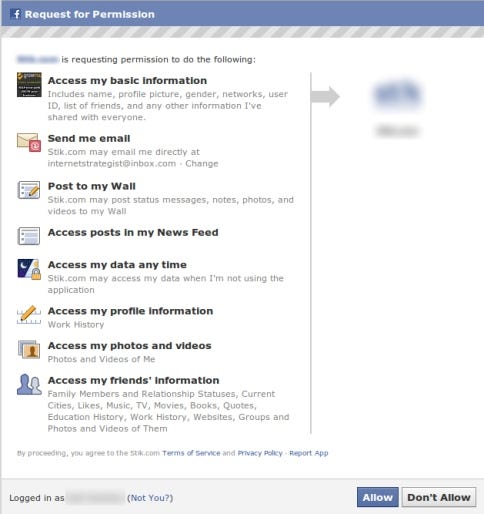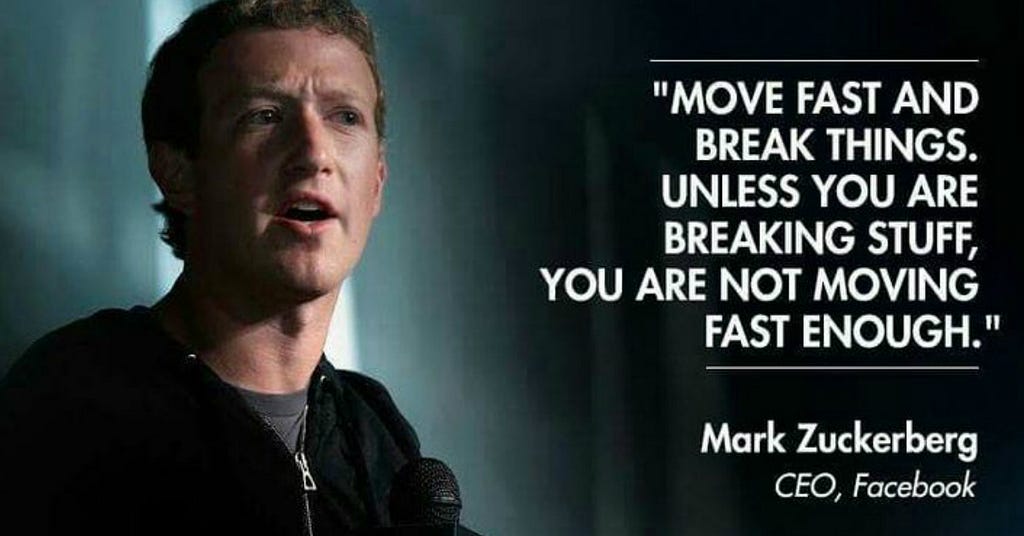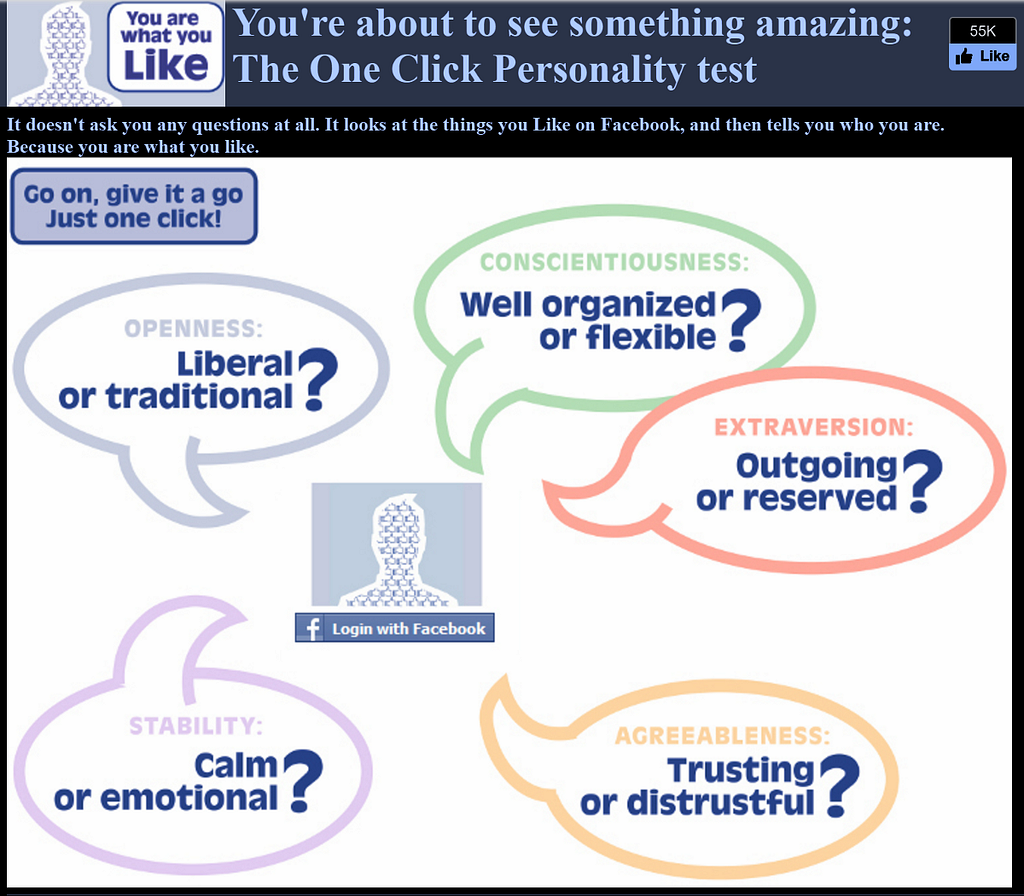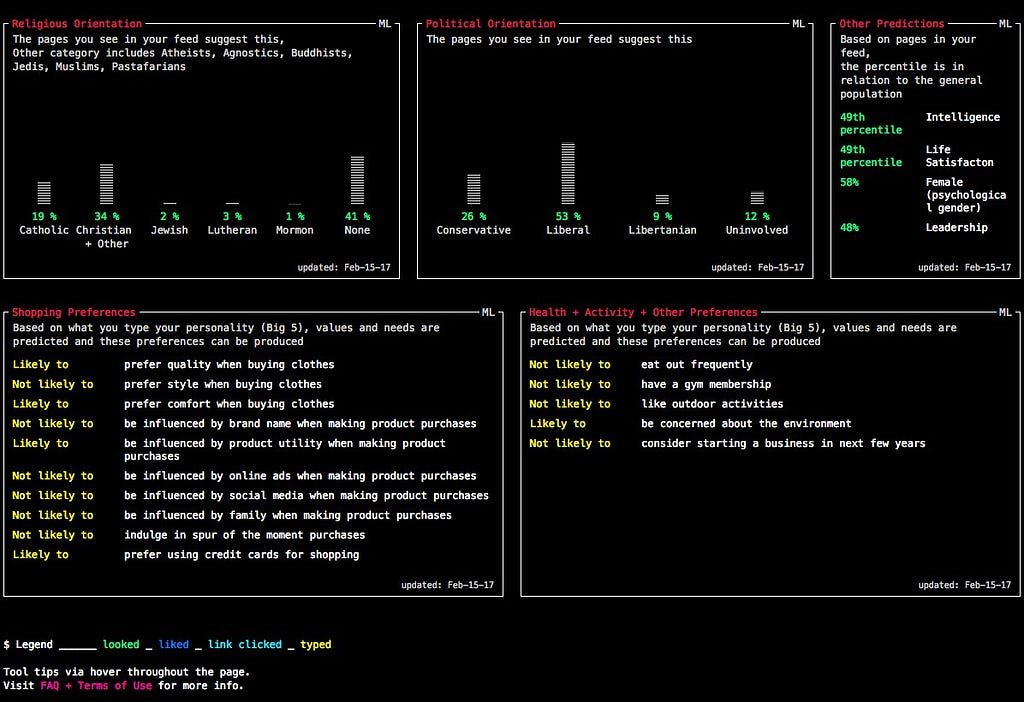Latest news about Bitcoin and all cryptocurrencies. Your daily crypto news habit.

As the number of websites increased on the internet, the registration process became redundant. You had to remember multiple usernames and passwords. This became a serious problem for users and websites. If the onboarding process is not convenient, user drop off rates would be higher.
Facebook and other social networks came up with the idea of sharing their login system. If you have a website, you can easily integrate “Login with Facebook”.
This was a win-win situation for everyone.
- For the user because they don’t have to go through the hassle of registration and remembering passwords.
- For websites because they can easily onboard customers.
- For facebook because it’s free marketing, a growth hack that will enable them to reach more users.
The problem is when they did more than just sharing their login system. Facebook collected a lot of information about the user. The biggest trick facebook ever pulled was users didn’t feel they were giving away so much information. They made a system that allowed users to share their information with applications outside of Facebook. This was done with the consent of the user.
There was a loophole, it not only allowed a user to share his information but it also allowed him to share his friend’s information. This would happen without the consent of their friends.
If Mary was using an app that uses Facebook’s login, she can permit that app to allow access to her friend’s information. They won’t even know about it.
Moving fast and breaking things came at the cost of user’s privacy. Something they should have put thought into. Facebook later fixed the loophole of allowing people to share information about his/her friends. It was too late though.
The shared login system gained massive adoption, there came a new category of apps called Social Apps. These apps simply used user’s or their friend’s information to accomplish tasks.
Social apps got data effortlessly, things you spoke to your networks since you joined Facebook were given away with a click of a button.
Cambridge Analytica used personality quiz apps to collect information about Facebook’s users. Cambridge Analytica was not the only app which collected such data. There are thousands of such apps and they still hold a lot of data.
These datasets were used to make predictive models.
Amazon uses predictive models to derive insights out of your past purchases and predict the probability of you buying a given product. They later email you with product recommendations.
Predictive models are no rocket science, it is simply based on patterns. Patterns are everywhere, there is a pattern in the way you write, talk, buy etc.
Target Figured Out A Teen Girl Was Pregnant Before Her Father Did. Here target had a massive dataset of purchases made by several people. People who were pregnant had a common pattern in the purchases they made. Simply put they bought the same kind of products. These models are not 100% accurate, but around 85%–95%, that’s good enough.
Here, the personality quiz contained information about the fears of the users. These fears were mapped to the kind of brands and products they like. Once a predictive model is built out of these massive datasets. This process can work two ways.
The brands and product you like can predict your fears. So even though a lot of people didn’t take a personality quiz, their fears could be predicted using their Facebook ‘likes’.
Using people’s fears to manipulate them is one of the tactics of persuasion. This is exploited by politicians and it is evident in their messaging. Read the book Win Bigly by Scott Adams, it is about the weapon-grade persuasive tactics used by Donald Trump.
So combining data science with the psychology of influence, tailored content were created that would make a mass influence for the United States Election, 2017. Facebook allows pinpoint targeting, they not only allow targeting based on age, gender location. But, also to a given set of user IDs.
This is extensively used in India by the political parties. Even trusted media, don’t verify the authenticity of such posts before publishing them.
- Fact-Check: Photos Claiming Dalits Beat To Death A Jodhpur Policeman Are Fake
- Image Of The Youth Shared By India TV, Journalist Kanchan Gupta Is Not Of A Boy Named 'Abdul Jamal Khan'
Facebook built a system to manipulate us. They apologised and are claiming to improve things. There is something even worse, you need to know.
When you browse through newsfeed, spend time on each post, make comments, send private messages to your friends, etc. You are likely to be tracked and your data is sent to algorithms. Later, tailor contented is pushed to hijack your time and money.
Along with the fight against Racism, Gender Inequality, etc. we need to fight such tech companies who have built evil systems to hijack people.
Don’t consume every content from media, remember its only someone’s opinion, sometimes a lie.
Claps Please 👏 , Thank You 😊 . Follow us Hackernoon and me (Febin John James) for more stories.
Things You Need to Know About Facebook and Mass Manipulation was originally published in Hacker Noon on Medium, where people are continuing the conversation by highlighting and responding to this story.
Disclaimer
The views and opinions expressed in this article are solely those of the authors and do not reflect the views of Bitcoin Insider. Every investment and trading move involves risk - this is especially true for cryptocurrencies given their volatility. We strongly advise our readers to conduct their own research when making a decision.




